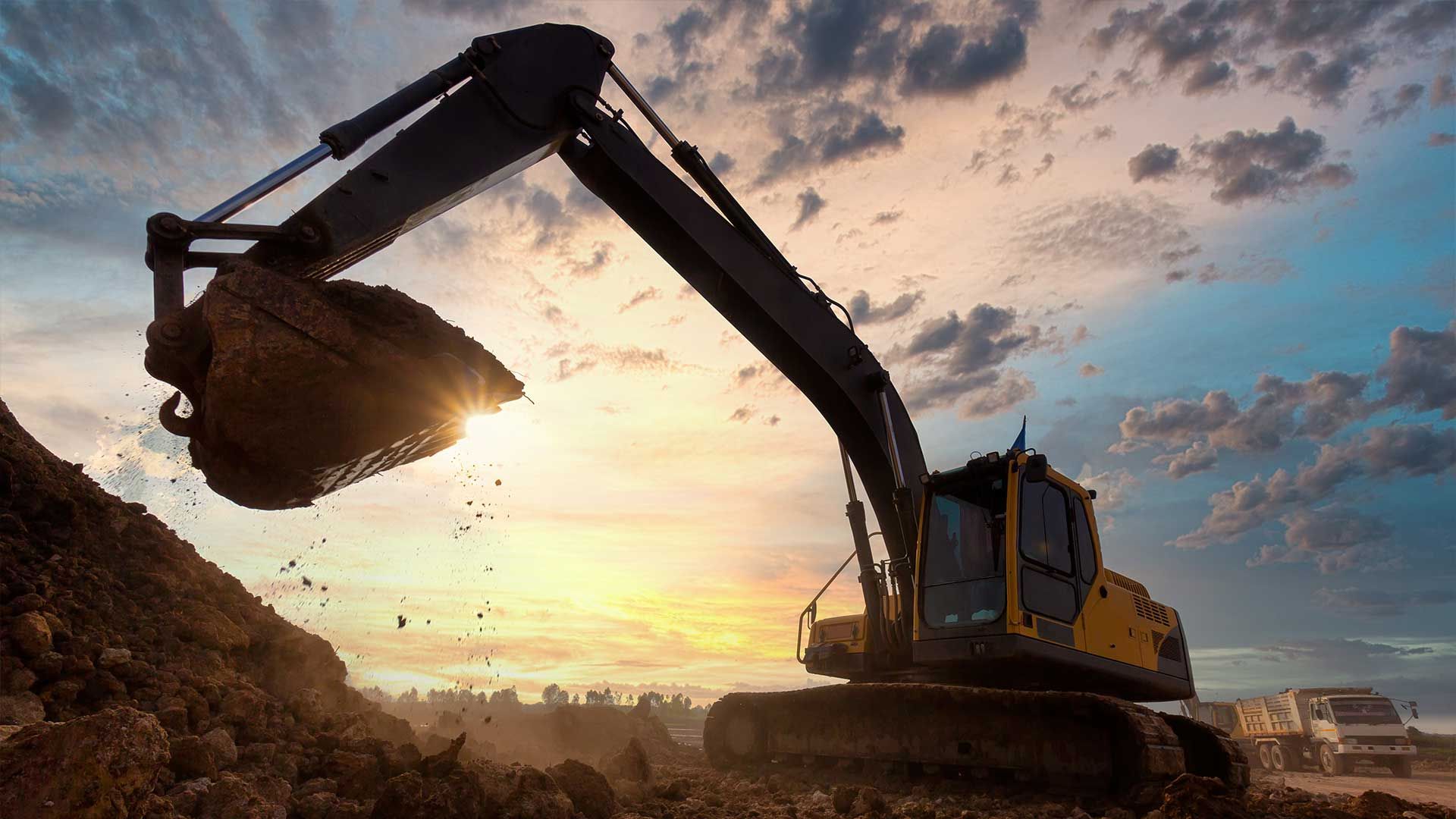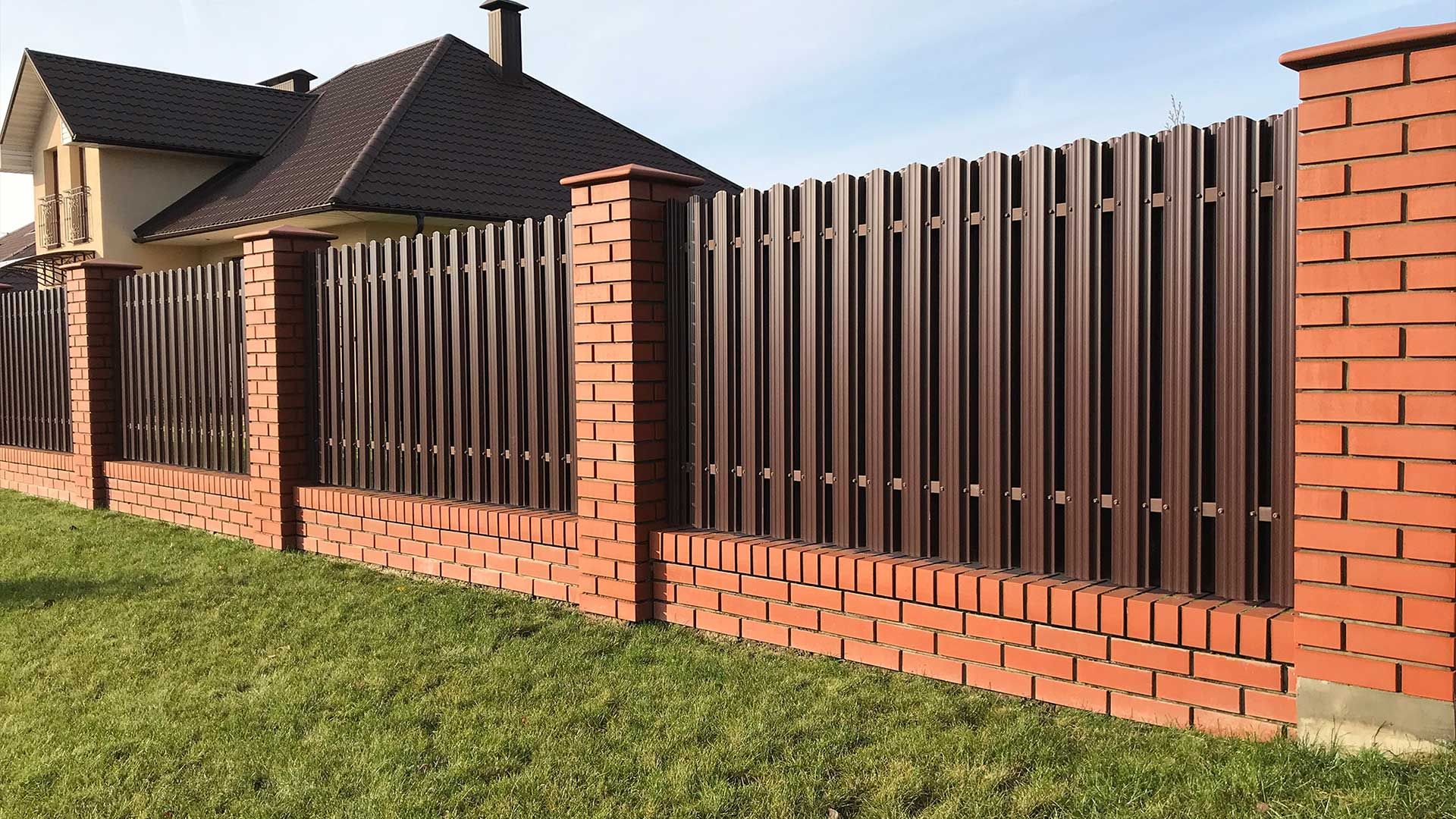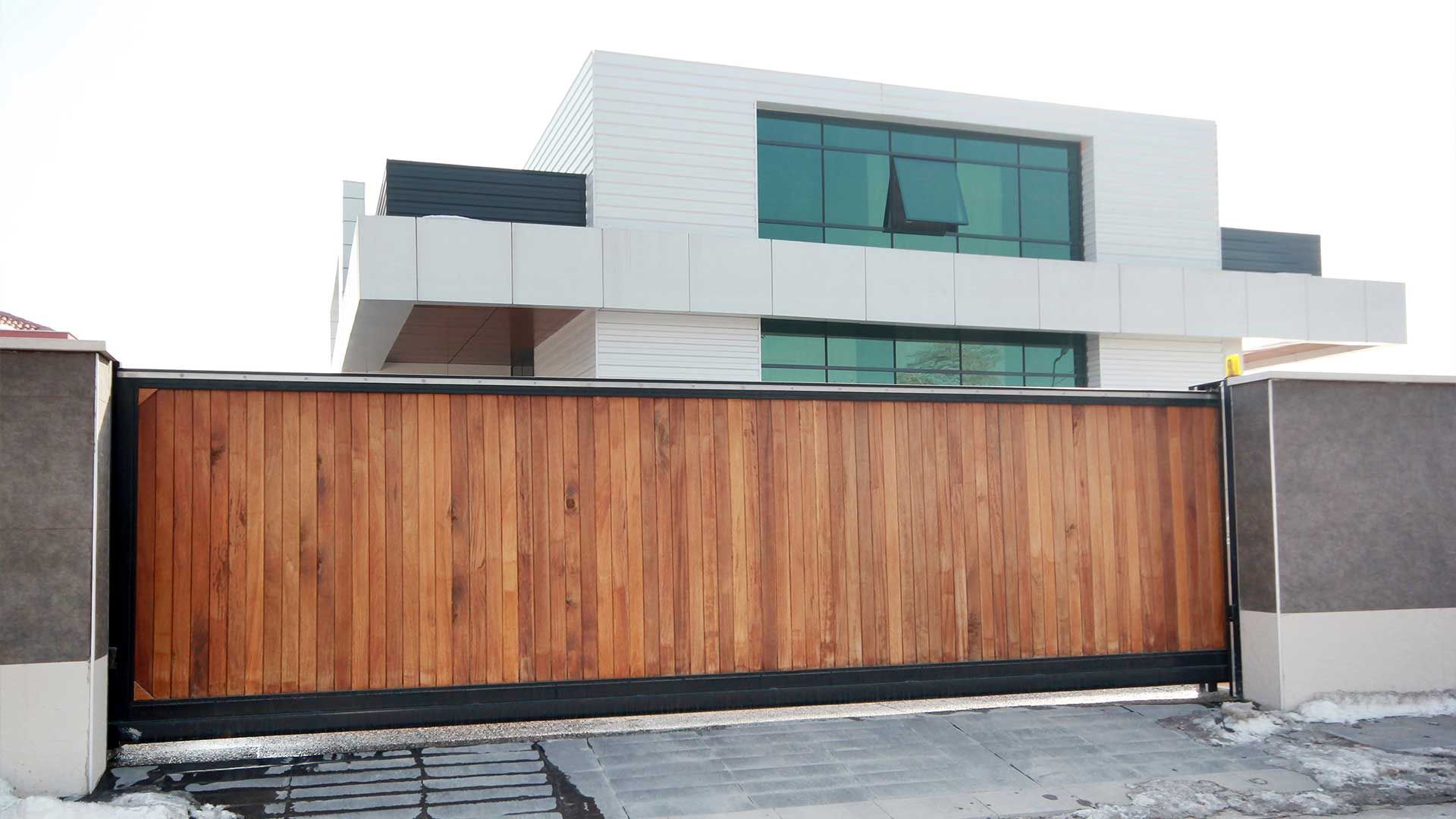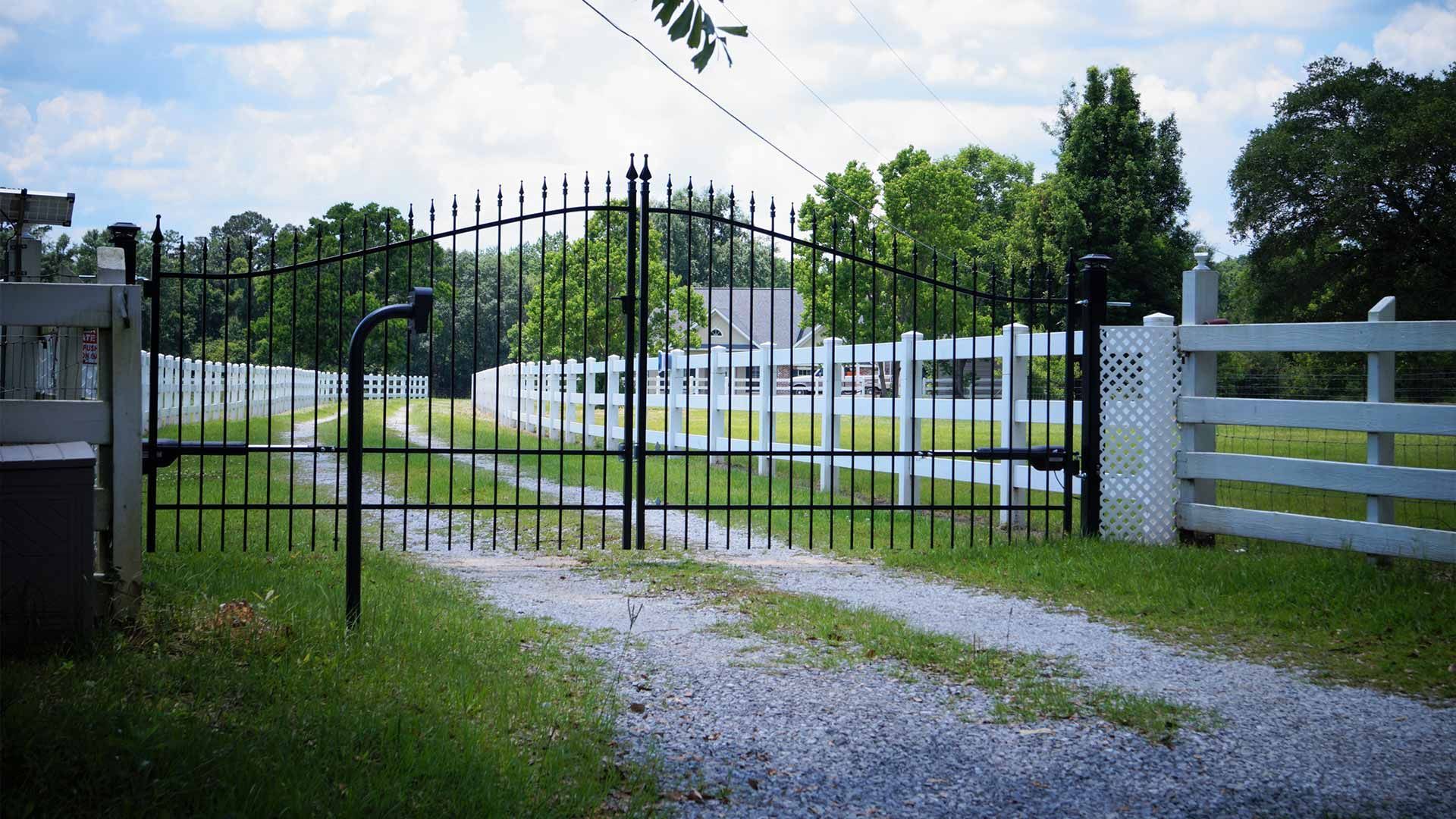Contact info

Budget-Friendly Tips for Residential Fence Installation
When it comes to creating a safe and private space around your home, nothing beats a sturdy fence. Residential fence installation is essential for defining property boundaries, enhancing security, and adding curb appeal to your property. However, the cost of installing a fence can often be a significant concern for homeowners. That's why in this article, we'll explore budget-friendly tips to help you achieve your fencing goals without breaking the bank. Whether you're looking to install a new fence or replace an existing one, there are various strategies you can employ to save money and still get a high-quality fence. By following our expert advice and making smart decisions throughout the installation process, you'll be able to enjoy the benefits of a beautiful and functional fence while staying within your budget constraints. So, let's dive in and discover how you can achieve affordable residential fence installation without compromising on quality or durability.
Assessing Your Needs and Budget
Before diving into residential fence installation, it's crucial to assess your needs and set a realistic budget. Start by determining the primary purpose of the fence. Are you looking to enhance privacy, keep pets or children safe, or simply add aesthetic appeal to your property? Understanding your specific needs will help you choose the right type of fence and avoid overspending on unnecessary features.
Once you've identified your needs, it's time to establish a budget. Consider factors such as the size of your property, the type of material you prefer, and any additional features or customization you desire. Be honest with yourself about what you can afford and prioritize essential features within your budget constraints.
By carefully assessing your needs and budget upfront, you'll be better equipped to make informed decisions throughout the residential fence installation process and ensure that you get the most value for your money.
Choosing the Right Material
Selecting the appropriate material for your residential fence installation is crucial for both budget and longevity. There are several common fencing materials to consider, each with its own pros and cons in terms of cost and durability.
Wood is a popular and affordable option for residential fences, offering a classic look and versatility in design. However, it may require more maintenance over time, such as staining or sealing, to prevent rot and decay.
Alternatively, vinyl fencing is a low-maintenance and durable choice that can mimic the appearance of wood without the upkeep. While it may have a higher upfront cost, it often proves to be more cost-effective in the long run due to its minimal maintenance requirements.
Chain-link fencing is another budget-friendly option that provides security and visibility while being relatively inexpensive to install. However, it may not offer the same level of privacy as other materials.
By carefully weighing the cost and benefits of each material, you can choose the right option for your residential fence installation that fits both your budget and aesthetic preferences.
Exploring Cost-Saving Options
To make residential fence installation more budget-friendly, explore various cost-saving options that don't compromise on quality. One strategy is to consider DIY installation instead of hiring professionals. While it requires more time and effort, DIY can significantly reduce labor costs. Additionally, opting for alternative materials or designs that offer savings without sacrificing durability can help stay within budget. For example, instead of solid wood panels, consider spaced picket fencing or bamboo fencing, which can be more affordable while still providing adequate privacy and security.
Another option is to purchase materials in bulk or look for discounts from suppliers. Many suppliers offer deals on bulk purchases or seasonal promotions, allowing you to save money on materials. Finally, consider collaborating with neighbors who also need fencing to share costs and installation expenses, making it a win-win situation for both parties. By exploring these cost-saving options, you can achieve a beautiful and functional fence without breaking the bank.
Planning for Maintenance
While upfront costs are important to consider, it's also crucial to factor in long-term maintenance expenses when planning for residential fence installation. Some materials may require more maintenance over time, which can add to the overall cost of ownership. For example, wood fences may need to be stained or sealed periodically to prevent rot and decay, while vinyl fences typically require minimal maintenance beyond occasional cleaning.
To minimize maintenance costs, consider opting for low-maintenance materials or designs. Vinyl and aluminum fences, for instance, are known for their durability and require little to no maintenance beyond occasional cleaning with soap and water. Additionally, choosing a fence design that is resistant to weathering and corrosion can help prolong its lifespan and reduce the need for repairs or replacements in the future.
By planning for maintenance upfront and choosing materials wisely, you can ensure that your residential fence installation remains budget-friendly in the long run.
Maximizing Savings Through Negotiation
When it comes to residential fence installation, don't be afraid to negotiate with contractors or suppliers to maximize savings. Start by obtaining multiple quotes from different providers to compare prices and services. Use these quotes as leverage when negotiating with your preferred contractor or supplier.
Be upfront about your budget and discuss any cost-saving options or alternatives that may be available. Contractors may be willing to offer discounts or special deals to win your business, especially if you're willing to make compromises or adjustments to the project scope.
Additionally, consider timing your installation during the off-season when contractors may be more willing to negotiate lower prices to fill their schedules. By being proactive and assertive in your negotiations, you can potentially save a significant amount of money on residential fence installation without sacrificing quality.
DIY Tips for Installation
For homeowners looking to save money on residential fence installation, opting for a do-it-yourself (DIY) approach can be a cost-effective solution. Before starting your DIY project, it's essential to educate yourself on the installation process and gather the necessary tools and materials. Many home improvement stores offer comprehensive guides and tutorials on fence installation, which can help you navigate the process smoothly.
When planning your DIY project, be sure to measure your property accurately and mark the location of your fence posts with precision. Proper alignment and spacing of fence posts are crucial for ensuring a sturdy and long-lasting fence. Additionally, consider enlisting the help of friends or family members to assist with heavy lifting or holding materials in place during installation.
While DIY installation requires time and effort, it can result in significant cost savings compared to hiring professional contractors. By following these DIY tips and taking your time to complete the project carefully, you can achieve a beautiful and functional fence that enhances your property's value without breaking the bank.
Conclusion
In conclusion, residential fence installation doesn't have to drain your bank account. By implementing the budget-friendly tips outlined in this article, you can achieve the security, privacy, and aesthetic appeal you desire without overspending. From assessing your needs and budget to exploring cost-saving options and negotiating with contractors, there are various strategies you can employ to keep costs down while still getting a high-quality fence.
At Byron Fence, we understand the importance of finding affordable solutions for your residential fencing needs. Our team is dedicated to helping homeowners like you achieve their fencing goals within budget constraints. For expert guidance and assistance with your residential fence installation project, contact us today at 478-960-5382. Let us help you create the perfect fence for your property without breaking the bank.
Frequently Asked Questions (FAQs)
-
How much does residential fence installation typically cost?
The cost of residential fence installation can vary depending on factors such as the size of the property, the type of material used, and any additional features or customization. On average, homeowners can expect to pay between $1,500 and $4,000 for a standard fence installation.
-
Can I save money by installing the fence myself?
DIY installation can potentially save money on labor costs, but it requires time, effort, and skill. It's essential to consider your level of expertise and the complexity of the project before deciding to DIY. In some cases, hiring professionals may be more cost-effective in the long run.
-
What type of fencing material offers the best value for money?
The best fencing material for your project depends on factors such as budget, desired aesthetics, and maintenance requirements. Vinyl and chain-link fencing are often considered cost-effective options due to their low maintenance and longevity.
-
Are there any additional costs to consider beyond the initial installation?
Yes, homeowners should budget for ongoing maintenance costs such as repairs, staining, or sealing, depending on the type of material used. Additionally, some neighborhoods or homeowners associations may require permits or approval for fence installations, which could incur additional fees.
-
Is it possible to negotiate with contractors to lower the cost of installation?
Yes, it's often possible to negotiate with contractors to lower the cost of installation. Obtaining multiple quotes from different providers and being upfront about your budget can give you leverage in negotiations. Additionally, timing your installation during the off-season or bundling services with other projects may help reduce costs.
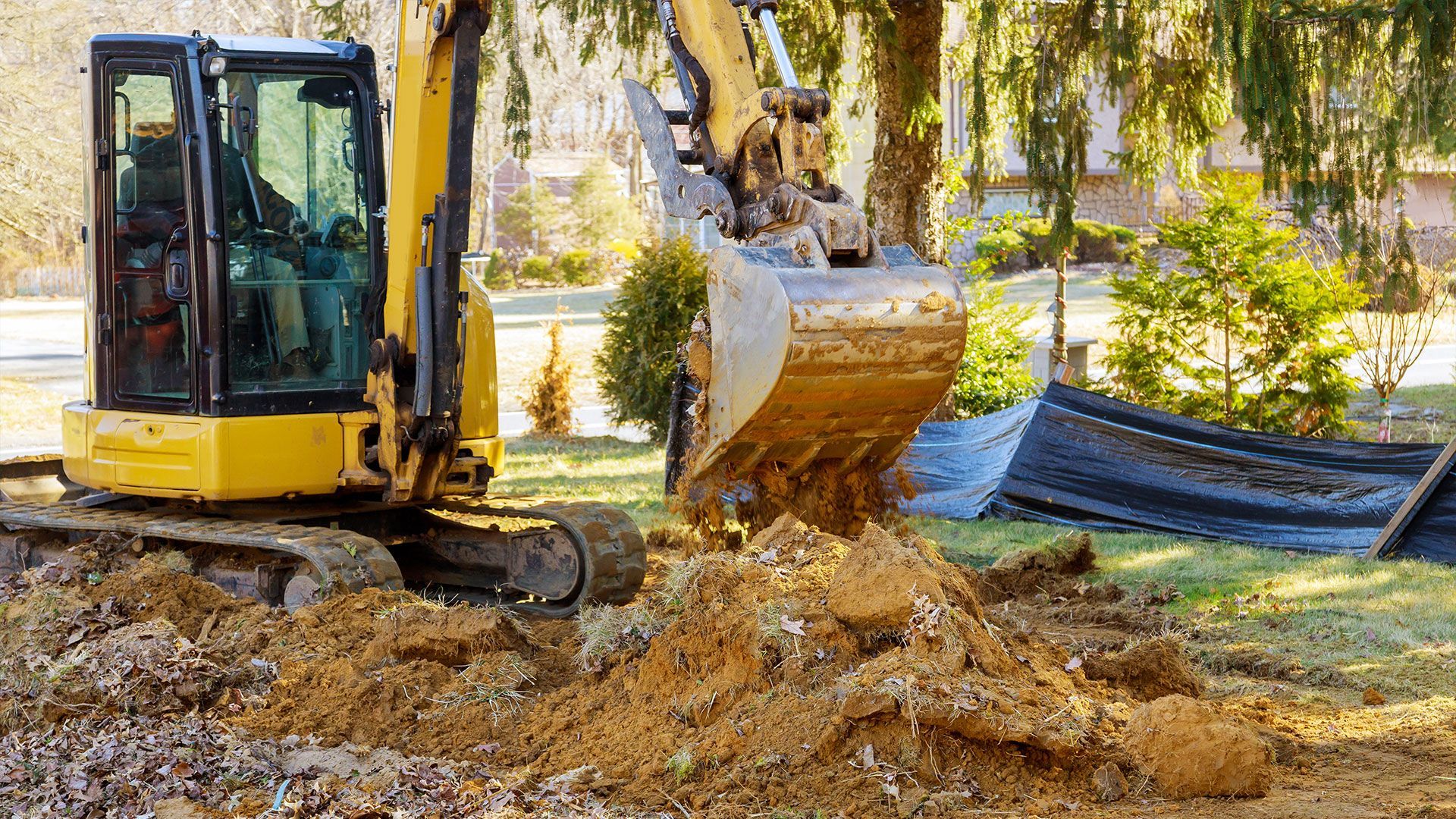
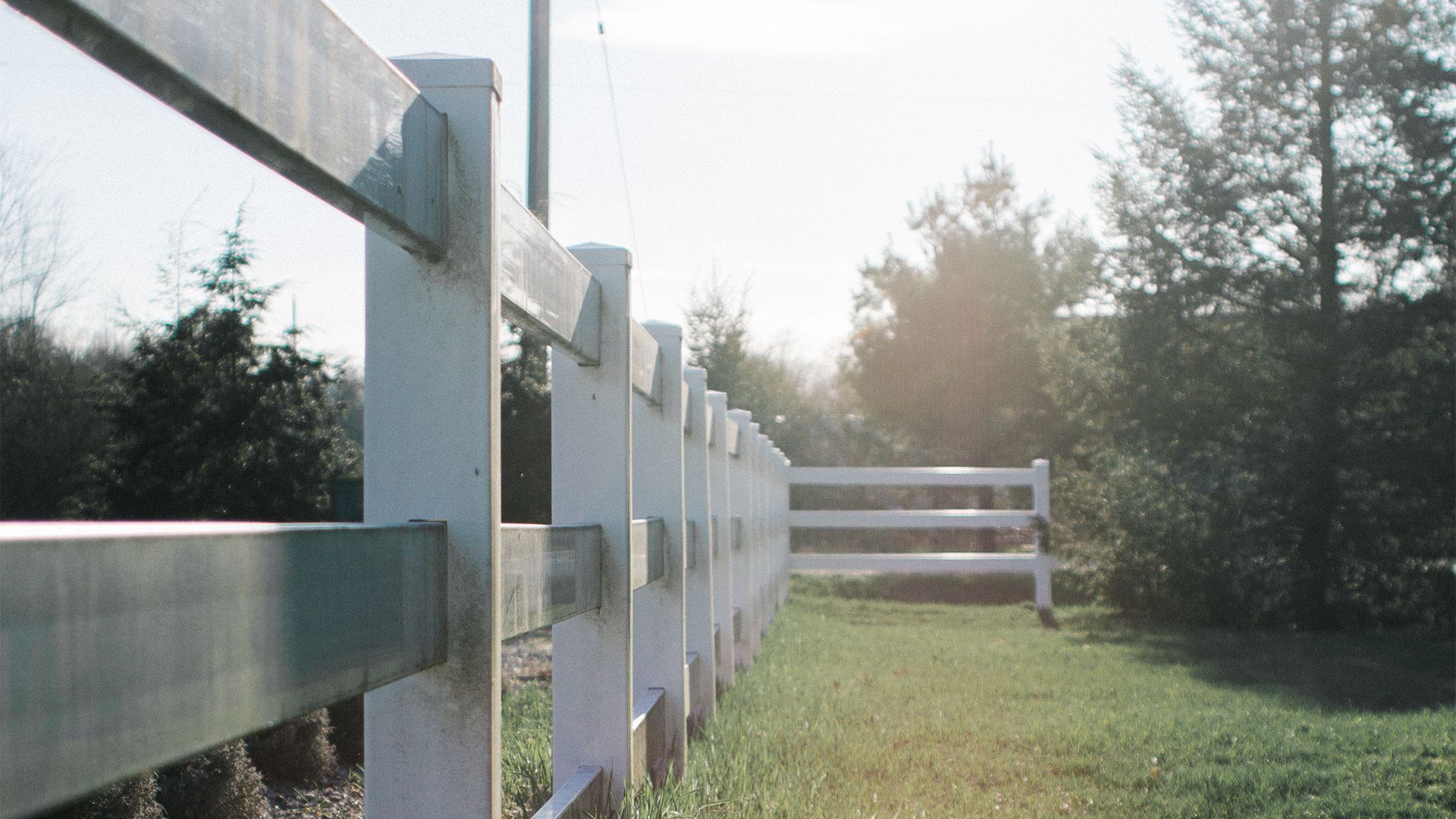
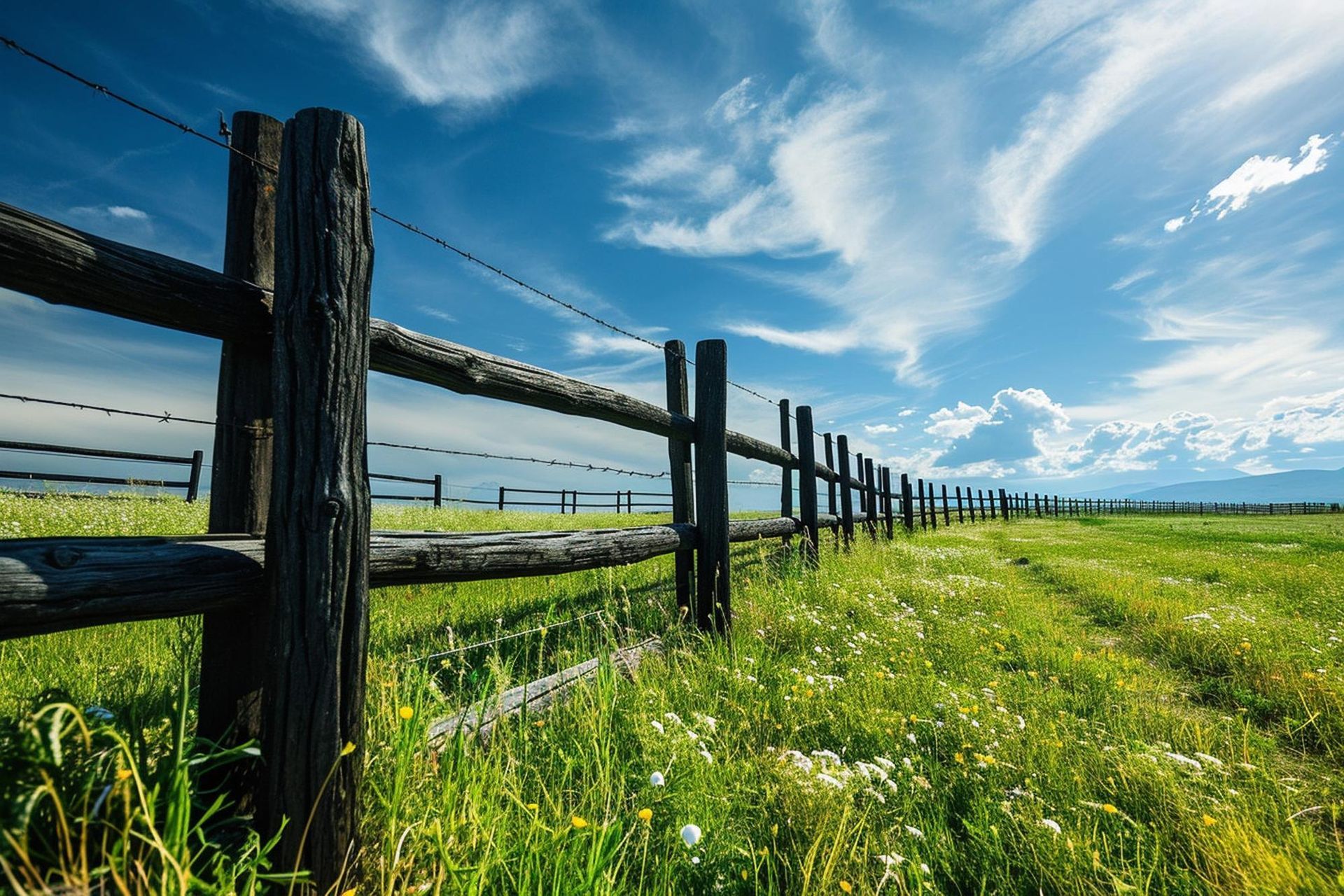

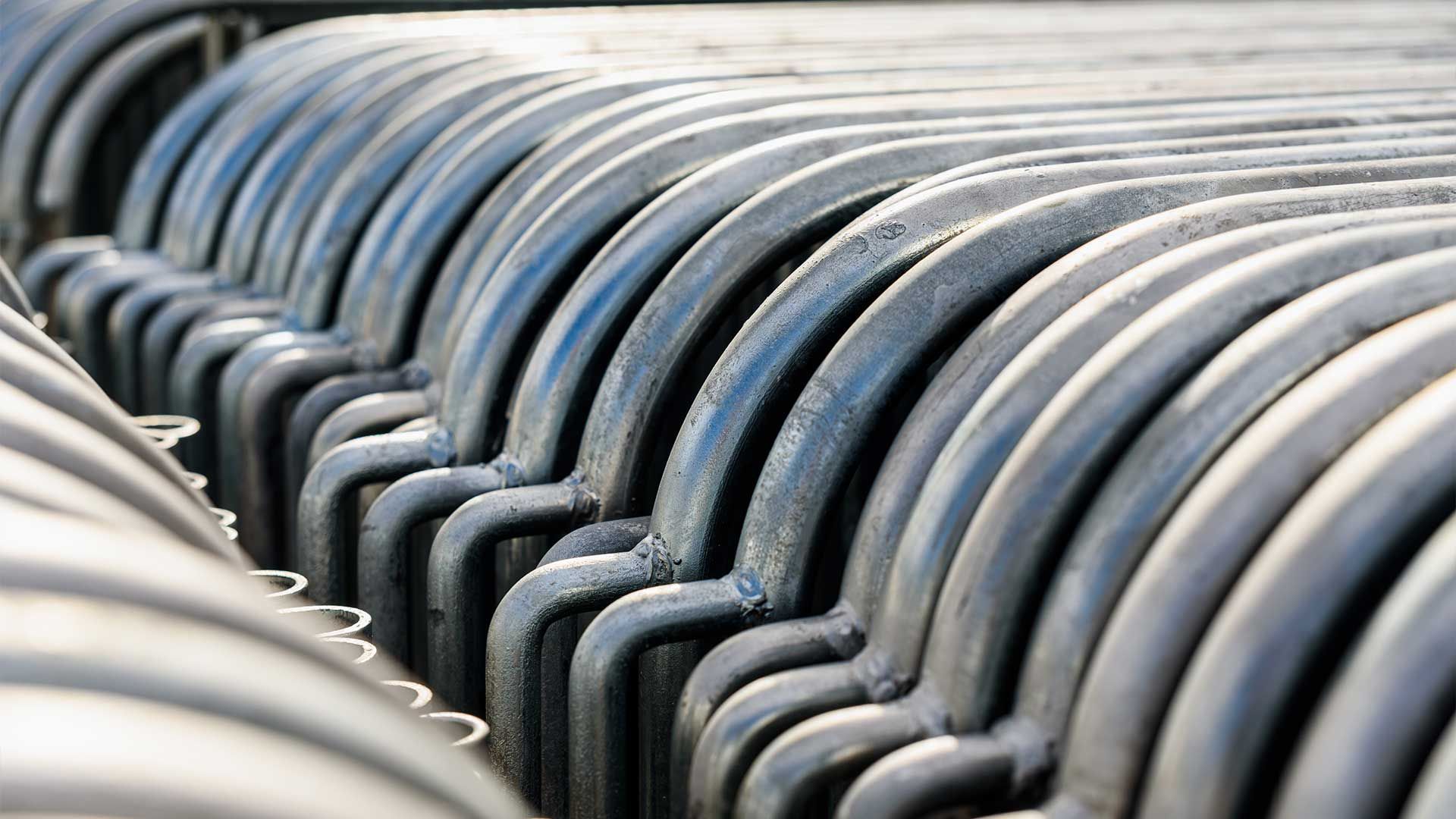

Byron Fence is your last step on the journey to your fence. We specialize in security for commercial, agricultural, and residential properties, and we make it look good.
Serving Middle Georgia since 2006
All Rights Reserved | Byron Fence
